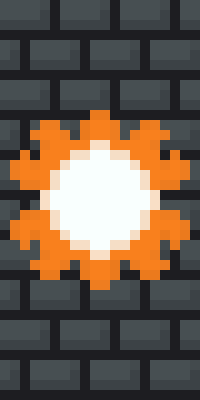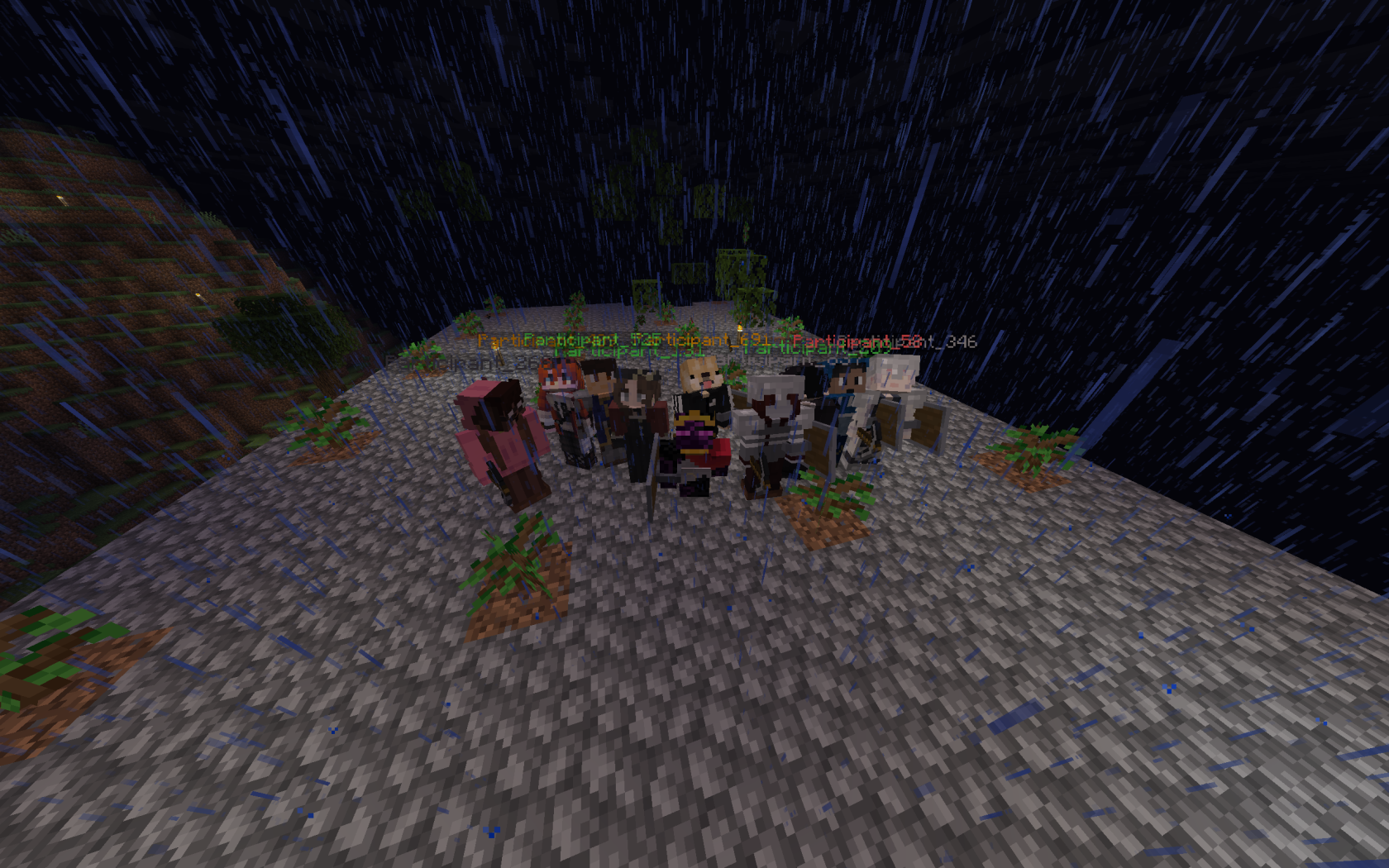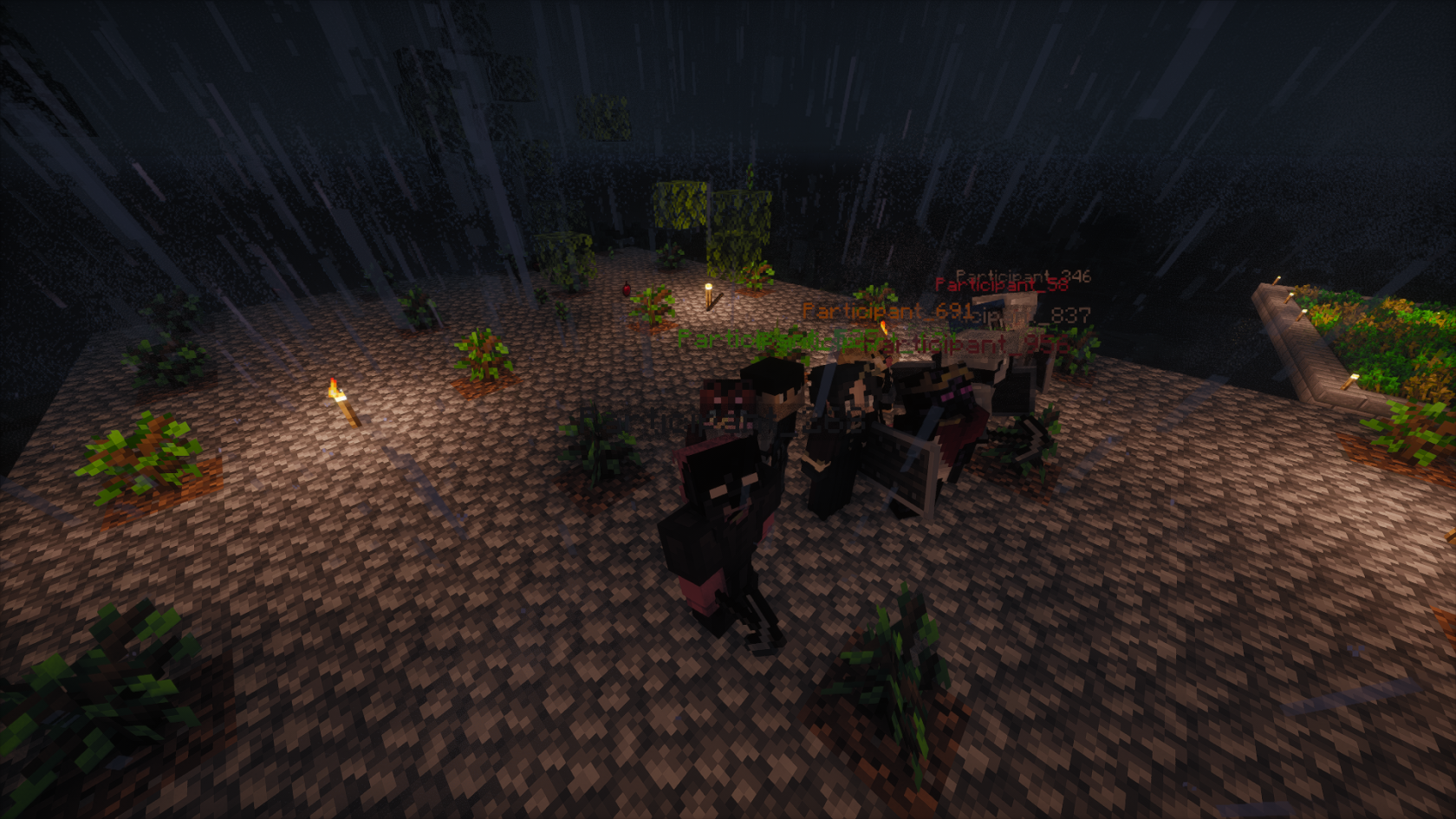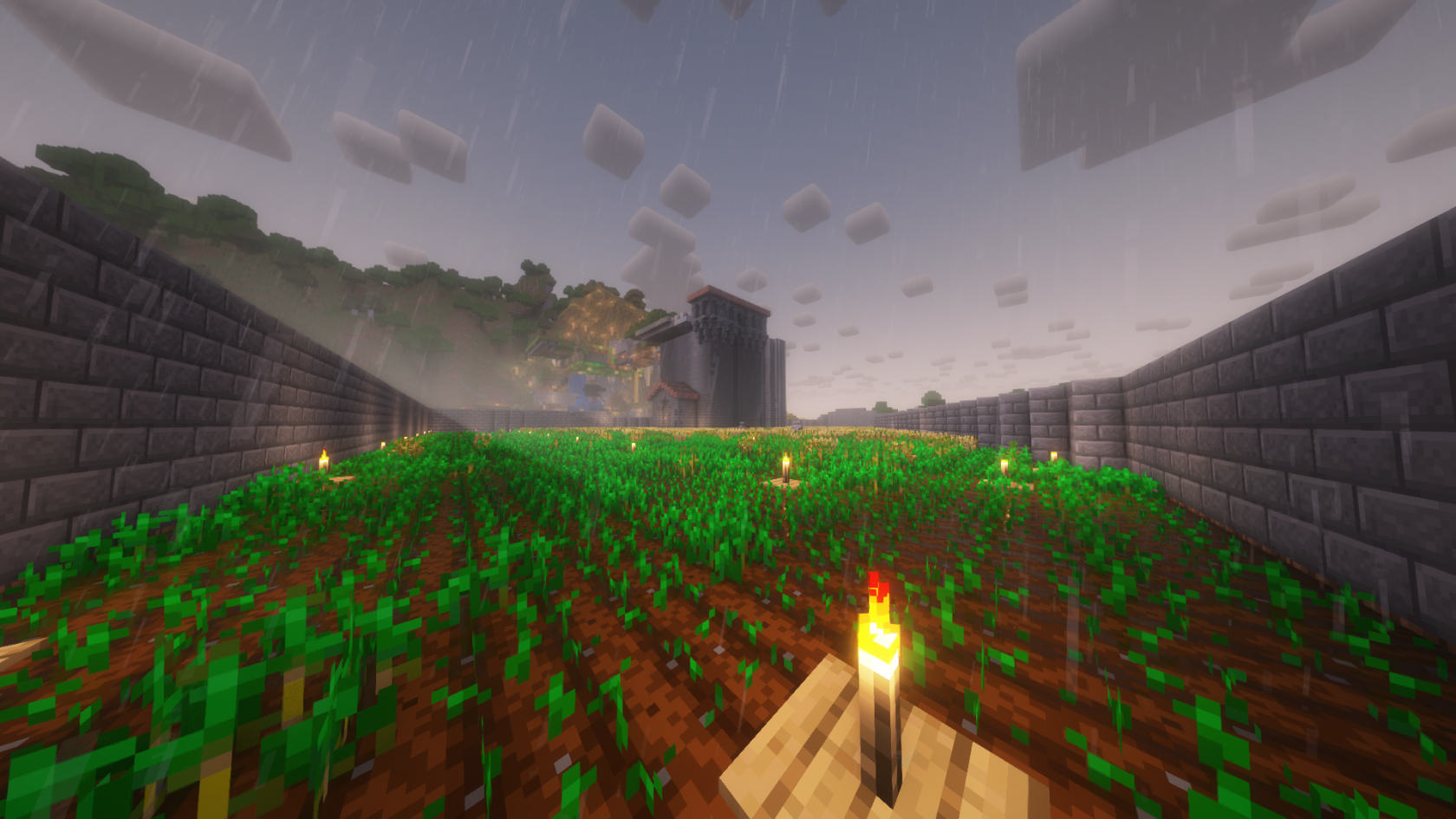Eastgard
Eastgard is a nation located in World 1, far to the east of spawn, it lacks any hierarchical systems and is organized communally. |
|
History
Towards the start of session 1, ~15 people gathered towards the east of the central continent, collected a small amount of food and travelled away from the rest of civilisation. Lacking sufficient resources, numerous participants perished on the journey, some giving up on making the trek back, the group reached a mountainside to stop for the night. Some went out to scout and others fished while most cowered in a skybase. Due to lack of food, the people of Eastgard decided to settle down by this small river.
Time would continue to pass, and the people of Eastgard would develop further, mining great caverns into the mountainside and building secure walls on the surface to eventually leave their skybases. Upon the end of the third session, the people of Eastgard began to plan their greatest monument, a fortress so grand none could dare deny the might of Eastgard.
Economy
Eastgard is a relatively primitive state, but has advanced to the iron age, and has engaged in trade with other civilizations, trading valuable enchanted books for iron.
No official currency to speak of and works in a communal manner with farmers providing food in a chest and miners supplying iron from the mountain.
Government
Eastgard possess no formal government, and is organized in the manner of a commune, where its citizens contribute as they can, and take only what they need.
Foreign affairs
Eastgard has had contact with Nowy Madagaskar, a small island nation, and has engaged in trade with them. Eastgard is also aware of a small settlement on a mushroom island.
Military
Eastgard possess guardsmen level 1+ and many individuals armed in iron armor.
Culture
The people of Eastgard are intensely against structured hierarchy and value their position as 'free folk.'folk'. This anarchic mindset led to them never having a ruler, in de jure or de facto.
Banner

Gallery
Group screenshots by citizens of Eastgard at the end of the third session.




